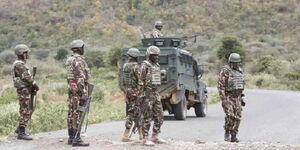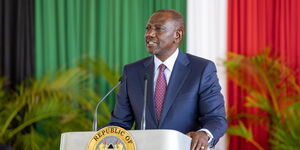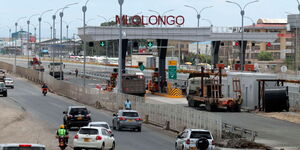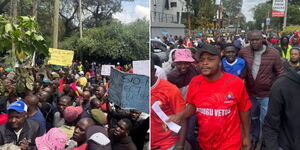High Court Judge Mumbi Ngugi, in a landmark declaration, ruled that investigators have a right to conduct secret searches in the homes and offices of graft suspects without prior notification.
This comes in the backdrop of the foul cries by the Director of Public Prosecution (DPP), the Director of Criminal Investigations (DCI), and the Ethics and Anti-Corruption Commission (EACC), who had claimed that some of their cases were hinged on evidence acquired in such a manner.
The Standard reported on Wednesday, October 2, that Lady Justice Ngugi ruled that as long as there was no gross violation on the rights of the individuals, the courts would have no issue with the use of secret search warrants.
She also stated that there was nothing wrong with any such warrants if there was reasonable suspicion of the commission of an offense.
This ruling was in sharp contrast with the Court of Appeal's ruling in July 2019, which outlawed the use of secret warrants in evidence collection.
"In my view, the appellate decision was limited to provisions of Anti-corruption and Economic Crimes Act (ACECA) and cannot extend to provisions of the Criminal Procedure Code (CPC). To hold otherwise would deal a death blow to the investigation of any offense, not just economic crimes," she was quoted.
Justice Ngugi made the ruling in two cases involving Kisumu County Assembly speaker Onyango Oloo and Bobasi MP Innocent Momanyi, who were calling into question the means through which DCI collected evidence to prosecute them in the Lake Basin Development Authority Mall case.
Oloo had argued that investigators raided his homes in Machakos and made off with several documents without prior notification.
Justice Ngugi, however, dismissed his application and told him that the investigators had reason to believe that he was involved in the mall scandal, due to his position of influence
Bobasi MP Momanyi argued that in his case, the investigators had relied on a vague search warrant which had no indication that he was being investigated over the LBDA mall scandal.
She dismissed his concerns and ruled that the investigators had genuine reasons to probe him after they flagged down suspicious money transfers in his account coming from the contractor.
Mumbi, in conclusion, was reported to have called for new laws to guide investigators in their work.
She raised alarm over the number of people who were rushing to court to stop their prosecution by challenging the manner that the investigators employed in obtaining evidence.












